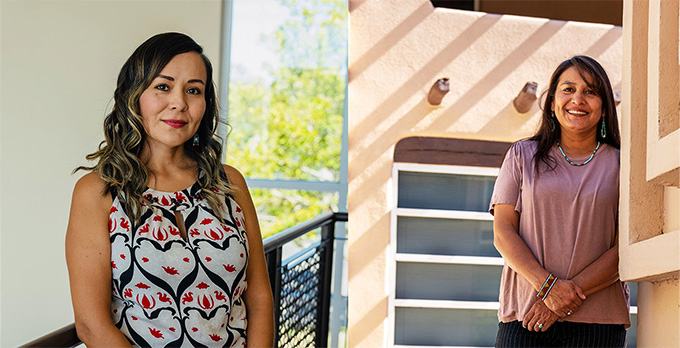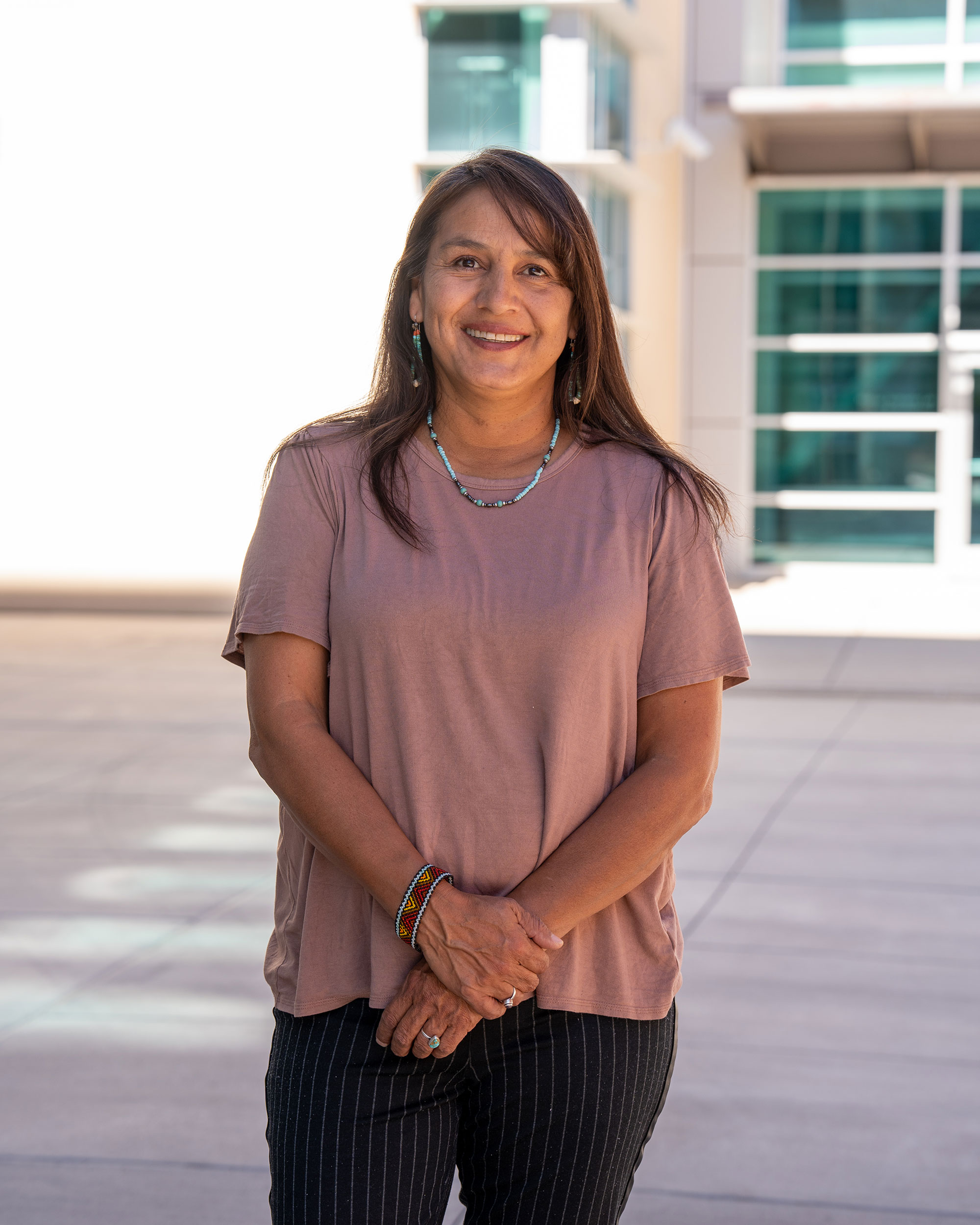The University of New Mexico College of Population Health (COPH) is fortunate to have seven Native American faculty and staff working to help create partnerships throughout New Mexico’s communities to research and assist in alleviating health inequities through programs and educate others to continue this kind of work. Their ability to draw from their experiences improves their ability to support Native communities.
As part of Native American Heritage Month, some of them are sharing their own personal experiences and what they see as opportunities for Native American students, teachers and the UNM community in the future.
Carmella Kahn (Navajo/ Diné), DrPH, MPH, an assistant professor, finds that some Native American students feel lost once they get to UNM.
“Indigenous students face a variety of challenges that range from intrapersonal to environmental factors. One important challenge to highlight is how students often struggle with feeling a sense of belonging or connection to the university, especially if there are low numbers of Indigenous students in specific degree programs” says Kahn.
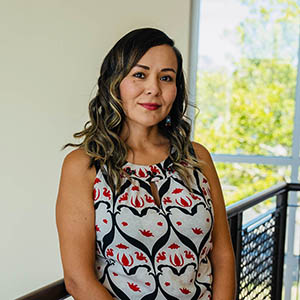
My grandma is a traditional Diné herbalist in our community and would often be asked to provide medicine to those in need. I would accompany her when I was a young girl to help gather the herbs and visit her patients. At an early age, I felt a need to help heal people who were ill and to be of service to community members, many of whom were our relatives. The experience allowed me to start thinking about how Indigenous communities still rely on our own knowledge of healing and the role western medicine plays. I used the knowledge she showed me to apply it the context of science fair projects when I was in middle school, and that led me towards a career in public health and research. The opportunity to learn from my grandma greatly influenced my own identity, sense of belonging, and understanding the importance of intergenerational connection and transfer of knowledge.
When talking about challenges facing Native American students, assistant professor Crystal Lee (Navajo/ Diné), REZ, PhD, MPH, ML, says representation among educators matters.
“There are not enough Native faculty in most post-secondary institutions to meet the needs of Native students. Native faculty often work in the community and academia does not always understand and/or recognize the importance of the community-based work as the primary foundation. Native students often feel isolated in academic environments, which can be discouraging.”
One benefit of working with UNM’s COPH, according to Lee, is the flexibility it offers. This flexibility gives her more chances to interact with people and take part in ceremonies and other significant social, cultural, and familial occasions at home, which may not always be understood in other professional settings.
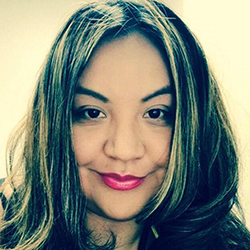
Being a Native from the REZ, I always knew I wanted to attain my educational career to pursue health/medicine because both my maternal/paternal grandfathers were Navajo Medicine Men, and I saw them heal our people using our traditional knowledge. Witnessing them help heal my relatives/community, I wanted to emulate them by introducing the same principles/concepts that they exhibit into my contribution to help heal our communities by addressing an array of health and social disparities. My grandfathers were the most knowledgeable people I have ever met in my life, including all the physicians and scientists I have come across. Our way of healing people is ahead of western medicine's time.
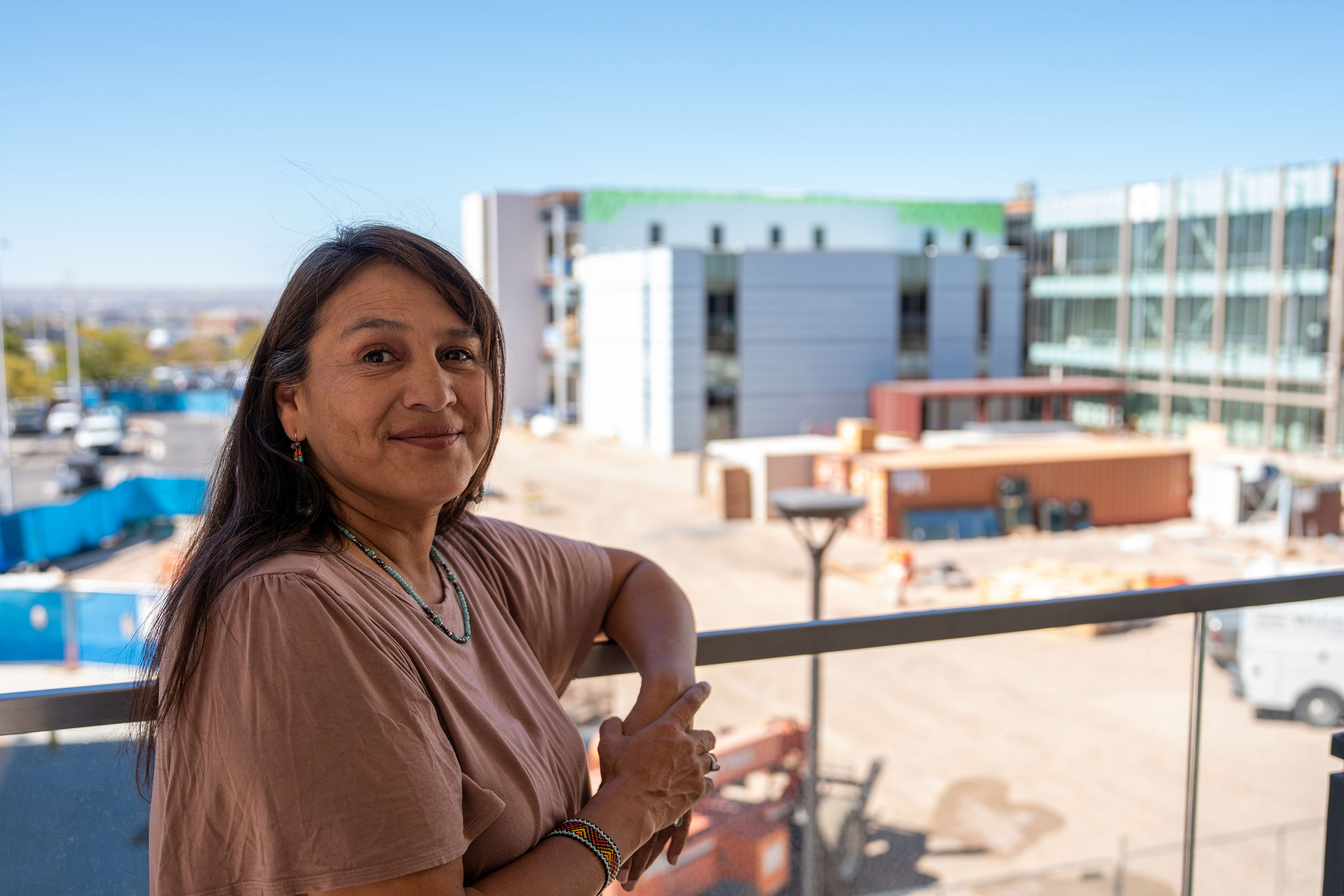
Doreen Bird (Santo Domingo Pueblo/Kewa), PhD, MPH, senior community-based participatory research (CBPR) training and development consultant from Santo Domingo Pueblo, NM wants to remind students not to leave their culture behind, to connect through prayer, request a Native faculty mentorship, and find organizations built to unite.
One such organization on UNM central campus is the American Indian Student Services (AISS). This is a great place for undergrads to find help with their educational goals as well as make connections with others. This can help with finding a sense of belonging. Another is Native Health Initiative and the Center for Native American Health (CNAH) which is part of UNM Health Sciences. There, students can find support and services like mentorship, books and supplies, or individual support. Additionally, they offer a range of outreach programs across campus as well as community events.
Kahn adds that it’s important for all UNM Employees to educate themselves on diversity.
“UNM employees should have a personal responsibility to seek training on cultural humility regarding all the diverse racial groups at UNM,” she says. “It would be great to have faculty support and presence at the various cultural events that are held on campus throughout the year.”
The UNM community can find announcements for these events by following social media pages of the aforementioned groups who host these events or by requesting to join their listservs.
Even though November is the month dedicated to honoring Native American heritages, there are opportunities to explore New Mexico's diverse communities outside of the academic environment all year long. For example, people can visit the Indian Pueblo Cultural Center and the National Hispanic Cultural Center, which are two distinctive cultural centers in Albuquerque. Taking trips to visit some of the rural communities in New Mexico is also beneficial to appreciate the beauty and strength of other languages, lifeways, values, and beliefs.
